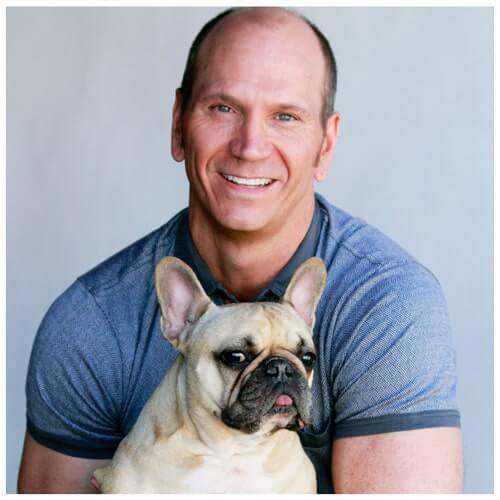Neck Pain and Whiplash
Many people are afraid of the traditional chiropractic adjustments to the neck . . . don’t worry Dr. Best Chiropractor offers low-force and non-force techniques to reestablish normal movement back into the neck and the entire spine. Adjustments to the neck can are tailored to an individuals needs as well as what they are personally comfortable with. Neck pain is best treated by a chiropractor in the early stages before it becomes degenerative.
Whiplash commonly caused by an auto accident is often ignored by many people thinking the pain and soreness will go away on its own; often the pain will go away but the underlying problem becomes worse over the next few years resulting in degenerative conditions. Serious injuries like a car accident should not be overlooked.


